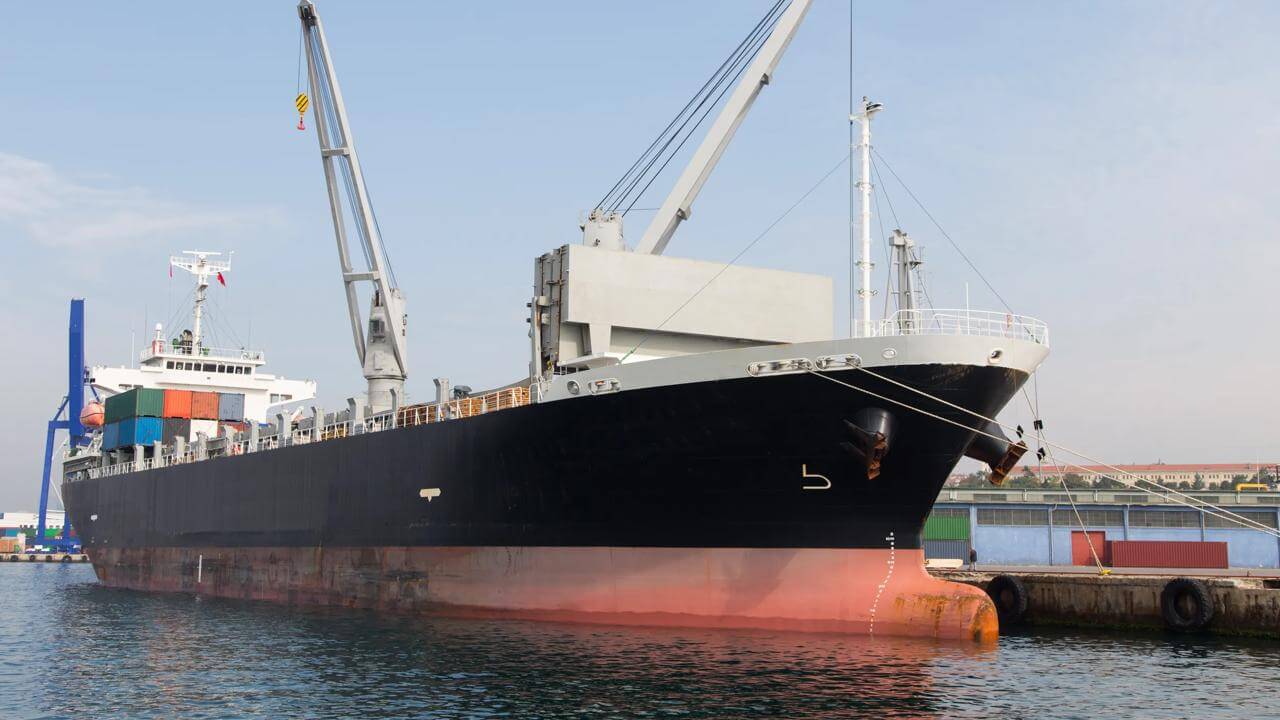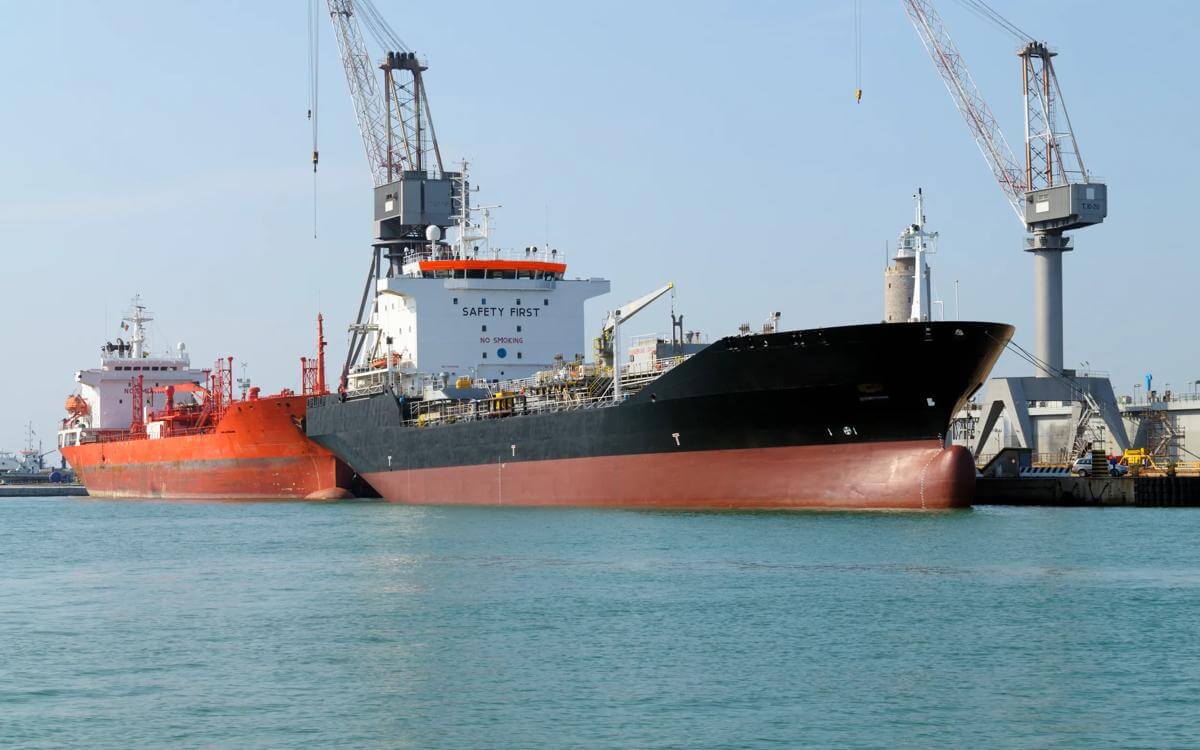The judgment in AerCap Ireland Ltd v AIG Europe SA represents a significant development for the insurance industry, with implications that reach beyond the aviation sector.
The case illustrates how changes in the geopolitical environment, such as the introduction of sanctions and government measures, can affect established approaches to risk assessment and policy interpretation.
For insurers, the decision highlights the importance of careful policy drafting and a thorough understanding of coverage triggers, causation, and loss recoverability in the context of political and regulatory risks.
The judgment encourages underwriters and risk managers to review policy wordings and consider the potential impact of external events on coverage, ensuring that insurance arrangements remain robust and fit for purpose in a changing world.
Background
The case arose in the aftermath of the Russian invasion of Ukraine in February 2022, which left Western aircraft lessors unable to recover hundreds of aircraft and engines leased to Russian airlines.
The introduction of sanctions by the EU, UK, and US, along with restrictions imposed by the Russian government, resulted in a situation where lessees were unable to return aircraft. Operator-placed insurances therefore became unenforceable, leading lessors to rely on their own 'lessor policies' (LPs) for indemnity. These policies typically provided both ‘contingent’ cover (triggered when OP insurance fails) and ‘possessed’ cover (for aircraft in the lessor’s care or during repossession).
The central legal questions concerned the scope of contingent cover, the steps required for recovery under OP insurance, the causation of loss (particularly in the context of war risks), and the effect of sanctions and subrogation on claims.
Judgment
The court’s judgment provides a comprehensive analysis of the interplay between the policy wording, market practice, and the realities of political risk:
Contingent cover
The court rejected the argument that contingent cover is merely a 'backstop', or mirror of the OP insurance required by the lease. Instead, the actual policy wording is paramount. Where the policy stated that cover was triggered if the insured “is not indemnified” under the OP, this meant non-payment, regardless of the reason, unless the policy expressly stated otherwise. There was no binding market practice to the contrary.
Reasonable steps for recovery
The insured is required to take reasonable steps to recover under the OP insurance but is not obliged to exhaust every possible legal avenue or await the outcome of lengthy foreign litigation. The court emphasised commercial practicality: reasonable time and reasonable efforts are sufficient.
Losses: Permanence and probability
For a loss by deprivation of possession, the test is whether, on the balance of probabilities, the deprivation is permanent for the commercial life of the aircraft. The court preferred the 'uncertainty of recovery' test, rather than the stricter 'unlikelihood of recovery' test.
War risks prevail
The proximate cause of the loss was the Russian government’s imposition of restrictions, amounting to 'restraint' or 'detention' under the war risks cover. Even where airlines had commercial motives to retain aircraft, the governmental measures were the dominant cause.
The 'Grip of Peril' doctrine
The court confirmed that if an insured peril arises during the policy period and later results in permanent loss, the loss is still covered, provided the peril’s ‘grip’ was established during the policy period.
Sanctions and subrogation
The court found that the relevant US and EU sanctions did not prohibit payment of insurance claims in these circumstances. On subrogation, insurers are entitled to the benefit of recoveries that reduce the insured’s loss, but not to pre-loss payments or unrelated benefits.
Considerations for insurers
This case highlights the importance of clear, explicit policy wording, as coverage is determined by the contract’s terms rather than market practice or assumption.
Insurers should carefully define terms such as 'loss' and 'total loss,' particularly in relation to political risks and deprivation of possession, specifying when and for how long deprivation must persist to qualify as a compensable loss.
Policies should also address the treatment of concurrent and independent causes, with unambiguous provisions as to how claims are handled when both war risks and all risks and perils are involved.
The judgment confirms that where a war risk peril is the proximate cause, war risk exclusions will generally prevail, even if other causes contribute to the loss. Insurers should also clarify the application of the Grip of Peril doctrine, specifying whether and how cover may extend beyond policy expiry if an insured peril arises during the policy period and later results in permanent loss.

Tim Johnson
Partner
tim.johnson@brownejacobson.com
+44 (0)115 976 6557










































